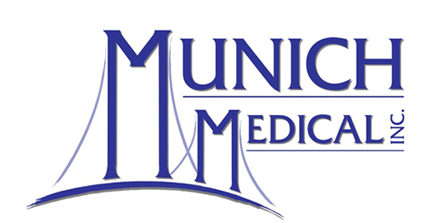The Hidden Costs of Poor Ergonomics in Medicine and Dentistry
Day after day, leaning into microscope eyepieces forces the neck and spine into unnatural positions. This sustained tension contributes to a high prevalence of musculoskeletal disorders (MSDs) among practitioners. In fact, studies show that a significant majority of dentists and surgeons experience work-related musculoskeletal pain, primarily in the neck, shoulders, and lower back. These issues are not minor aches; they can develop into chronic conditions that diminish focus, reduce procedural efficiency, and may even lead to early retirement. For any practice, the cost is twofold: the personal health of its skilled professionals and the overall productivity of the clinic. Addressing the root cause—awkward posture—with intelligent equipment modifications is a crucial investment in your most valuable asset: your health and ability to perform at your best.
What Is an Ergo Wedge Adapter and How Does It Work?
An ergo wedge is a custom-fabricated optical adapter that fits between the microscope body and the binocular head (eyepieces). Its primary function is to introduce a fixed or adjustable angle to the viewing path. This seemingly small modification has a profound ergonomic impact. Instead of hunching forward to meet the eyepieces, the ergo wedge brings the eyepieces up to meet you. This allows you to maintain a neutral, upright sitting posture—head aligned over your shoulders and spine straight.
The adapter effectively raises and angles the binocular tube, creating the distance and orientation needed to eliminate neck and back flexion. This simple mechanical adjustment promotes a comfortable, sustainable working position, reducing muscle strain and allowing for longer periods of focused work without fatigue. By retrofitting your current equipment with a solution like an ergo wedge adapter, you make a cost-effective upgrade to your entire clinical workflow.
